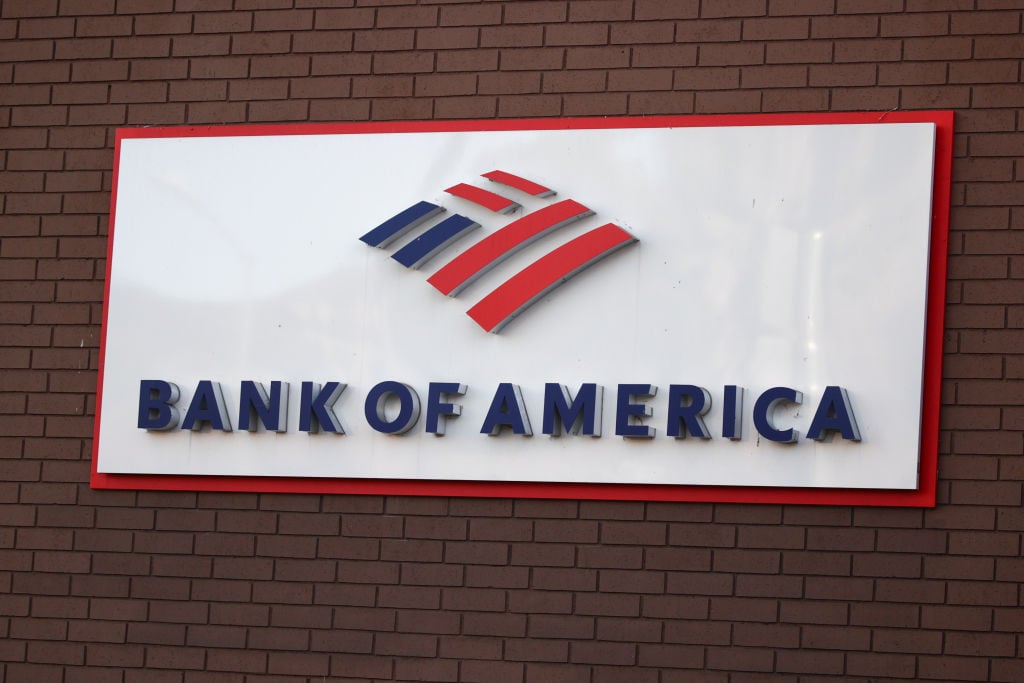So U.S. interest rates are back down to 1%. What now?
The markets had already factored in the 50-basis-point rate cut from 1.5% to 1%, so no surprise there. In fact, some people were suggesting that rates would be cut by 75 basis points to 0.75%, so it could be argued that 50 was a little disappointing.
Of course, in this market, it’s impossible to distinguish between what is truly positive or negative for the market and what is simply panic buying or panic selling. How else do you explain the huge swings in the share prices of massive companies like General Electric (NYSE:GE), IBM (NYSE:IBM), Cisco (NASDAQ:CSCO), Pfizer (NYSE:PFE), and Bank of America (NYSE:BAC), often on no news whatsoever? It’s pure panic.
When it comes to interest rate movements, it all depends on which economist you listen to. A rate cut could either be a positive, because it will ultimately help restimulate the economy, or a negative, because the economy must be in worse shape than was previously thought.
We’re all amateur economists
These unprecedented times give us all a chance to be amateur economists. Many of us have different ideas about why we’re in the mess we’re in, whose fault it is, and how to get us back out of it. Did investment banks like Goldman Sachs (NYSE:GS) and Morgan Stanley (NYSE:MS) play fast and loose with our money? Was it Greenspan’s fault? Will another massive government stimulus package shorten the length of the recession?
I’ve got my own ideas. I’m sure they are not unique, I’m sure they are simplistic, and they may be overly optimistic. But hey, there’s plenty of real economists who didn’t predict the severity and intensity of the housing crash, the stock market crash, the global credit freeze, and the forthcoming recession, so I’ll be in good company if I’m wrong.
Interest rates headed to zero?
Forget interest rates at 1%. The futures are already suggesting another 25-basis-point cut in December, which would take the federal funds rate to 0.75% for the first time since 1958. Some analysts are even saying they could be headed to 0%.
At some time in the not-too-distant future, with interest rates that low (or even nonexistent!), several things might happen ...
- House prices will stop falling. People will be lured back into the market because houses will again be affordable. Unemployment is the wild card, because people will not commit to buying a house should they fear for their jobs.
- It will dawn on people that any money sitting in the bank is not earning a return. Some of that money will be invested in the stock market, because people will realize that stocks are cheap and the returns from the stock market are somewhat better than 0% interest in the bank.
- People will slowly but surely start spending again. They’ll do so with caution at first, perhaps replacing very old with new, rather than just buying something new. Banks will again offer credit, but only to the creditworthy. I guess you could call it normal service resumed -- strange but true, after all we’ve been through.
- As we spend, as credit is afforded to the creditworthy, as house prices start edging up, inflation will also start to rise. As it does, the Federal Reserve will start pushing interest rates back up.
- Somewhere around this point, with inflation low, interest rates still relatively low, and the economy growing, some bright young spark will gleefully declare the U.S. to be in a “Goldilocks economy” – not too hot, not too cold, but juuuuuuust right. The stock market bears will have been defeated.
I’ll stop there.
As you can clearly see, I am no economist. All I’ve described above is a somewhat typical economic cycle. We grow, we inflate, we keep growing, we keep inflating, and then growth slows, we deflate, growth keeps slowing, we keep deflating, and then we grow again.
But what about Japan?
The “but it’s different this time” crowd is no doubt saying we’re in for a Japanese-style, L-shaped, 25-year recession, and that the old rules don’t apply this time. They might be right, as what we’re living through now is something we haven’t seen since the Great Depression of 1929 – 1939. But they might be wrong, too. As the old saying goes, economists have predicted nine of the last five recessions.
The future is always uncertain. If you want to stay away from the sunny side, I can give you at least seven reasons to be pessimistic, and probably more. But I’m an optimist by nature. I retain faith in the stock market, the long-term health of the economy, and the intellect of the people tasked with steering us through the greatest financial dislocation any of us have seen in our investing lifetimes.
There are plenty of hurdles ahead for the economy, and for the global financial system. I’m not trying to gloss over them. I’m just trying to keep things simple, because in my experience, I’ve found simple usually works best.









